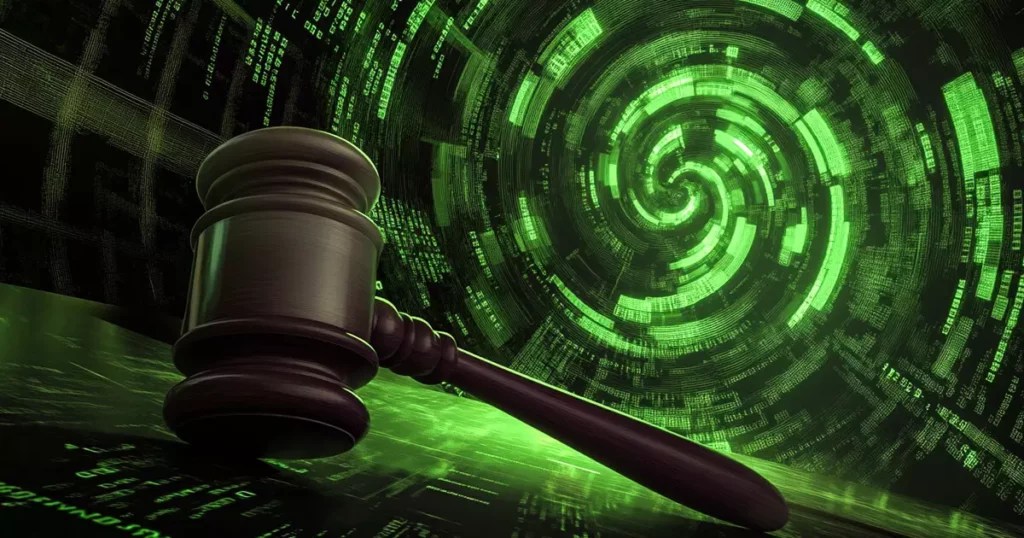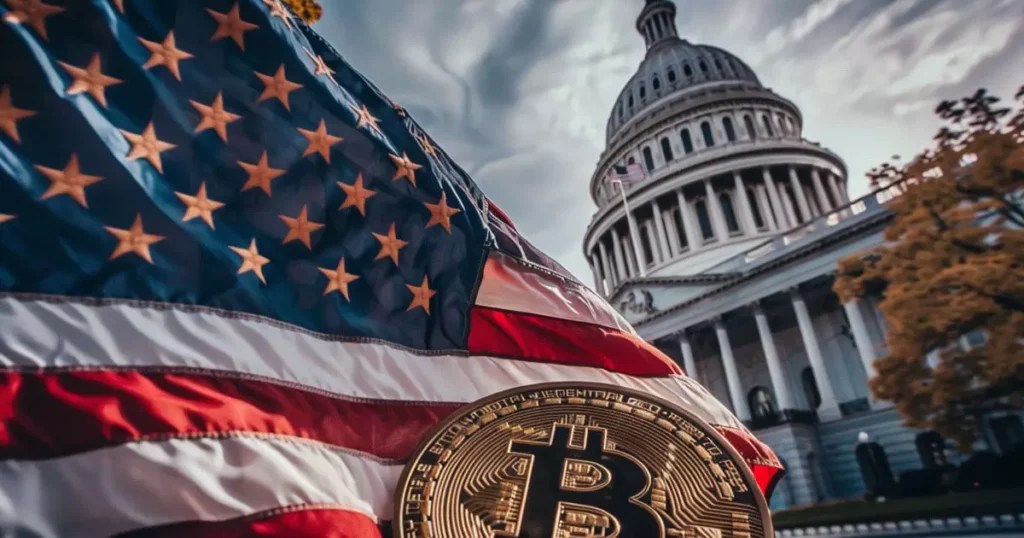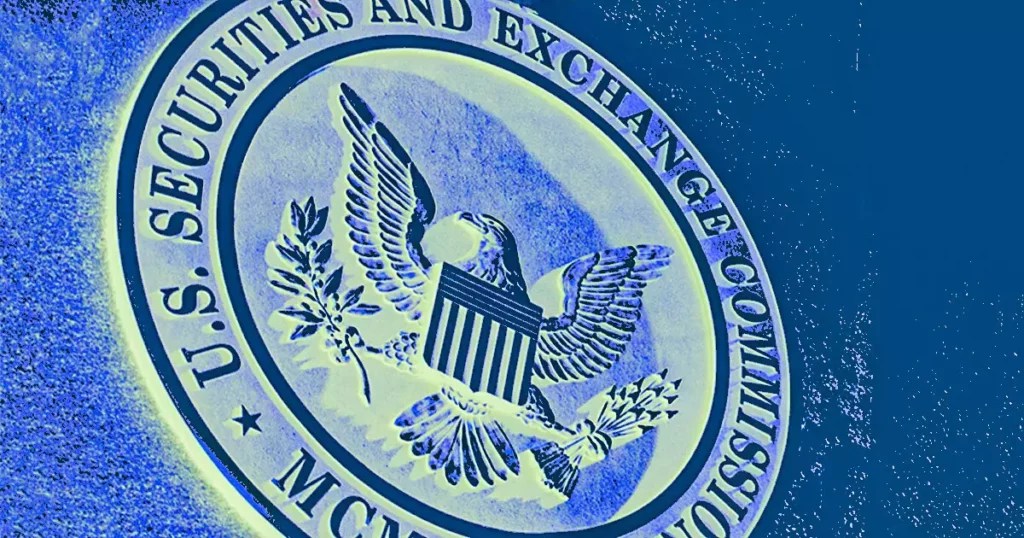Category: Regulation

Worldcoin Faces Heavy Penalties for Biometric Data Violations in South Korea
In a significant move, South Korea’s Personal Information Protection Commission (PIPC) has levied a combined fine of KRW 1.14 billion (approximately $861,408) against Worldcoin and its affiliate, Tools for Humanity (TFH). This decision, announced in a press release on September 25, highlights the growing global scrutiny on companies dealing with personal and biometric data. The…

Harmonizing Hong Kong’s OTC Derivatives Reporting: A Forward-Looking Approach to Regulation
In a significant move towards creating a cohesive financial ecosystem, Hong Kong’s financial regulators have laid out plans to harmonize the city’s over-the-counter (OTC) derivatives reporting framework. This initiative, released jointly by the Hong Kong Monetary Authority (HKMA) and the Securities and Futures Commission (SFC), signifies an endeavor not only to align with international standards…

Regulating Bitcoin: The Call for Clarity and Fairness in the Digital Asset Space
The debate surrounding Bitcoin’s regulatory classification continues to intensify, with key voices in the financial community urging regulators to embrace a more informed approach. Howard Lutnick, CEO of Cantor Fitzgerald, recently emphasized that Bitcoin should be treated similarly to traditional commodities like gold and oil because of its intrinsic value and utility as a digital…

Regulatory Reckoning: What the Mango Markets Settlement Reveals About Crypto Compliance
On September 27, 2023, the US Securities and Exchange Commission (SEC) brought the ongoing tensions between decentralized finance (DeFi) and regulatory authority to the forefront by announcing a settlement with Mango Markets’ decentralized autonomous organization (DAO) and the Blockworks Foundation. This settlement was the culmination of accusations that these entities had been engaged in the…

The Future of SEC Chairmanship: Predictions and Perspectives from Senator Cynthia Lummis
In a recent discussion on CNBC’s Squawk Box, Wyoming Senator Cynthia Lummis provided intriguing insights regarding the future of the U.S. Securities and Exchange Commission (SEC) leadership. Lummis raised the possibility that SEC Chair Gary Gensler might step down from his position next year, a speculation that was met with resistance from the show hosts…

The Legal Landscape of Crypto Protocols: A Turning Point for Developers
The recent ruling by a federal judge regarding the legal status of software code in the cryptocurrency realm has sent ripples through the industry and raised pressing questions about the intersection of technology, law, and individual freedoms. On September 26, Judge Katherine Polk Failla from the Southern District of New York delivered a verdict that…

The Ever-Evolving Landscape of Cryptocurrency Regulations: A Focus on Bitcoin and Ethereum
The current regulatory environment surrounding cryptocurrencies presents a complex landscape for investors and market participants, particularly concerning Bitcoin. Gary Gensler, Chair of the US Securities and Exchange Commission (SEC), has made it clear that Bitcoin is classified as a commodity, distinct from securities. This distinction is fundamental as it provides clarity for investors navigating a…

Enhancing Consumer Safety: Australia’s New Licensing Regime for Crypto Providers
In a pivotal move for the financial landscape of Australia, the Australian Securities and Investments Commission (ASIC) is instituting a licensing regime for cryptocurrency service providers. Announced by ASIC Commissioner Alan Kirkland on September 23, the initiative aims to align the burgeoning crypto market with traditional financial regulations, thereby enhancing consumer protection and financial integrity.…

Proposals and Challenges in the Stablecoin Regulatory Landscape
In recent discussions on Capitol Hill, Congresswoman Maxine Waters, who leads the Democratic contingent on the House Financial Services Committee, emphasized the pressing necessity for constructive bipartisan dialogue regarding the regulation of stablecoins. This imperative comes at a time when the estrangement between regulatory bodies, technology, and the evolving financial ecosystem leaves much to be…

Sygnum’s Migration to Liechtenstein: A Strategic Move in the Digital Asset Landscape
Sygnum, a prominent player in the realm of crypto banking, has recently made headlines by securing a crypto license in Liechtenstein. This move not only marks a significant milestone for the company but also underscores the shifting landscape of digital asset regulations within Europe. With the registration of Sygnum Europe AG under the Token and…

Trump’s World Liberty Financial: Navigating Regulatory Waters
The establishment of World Liberty Financial, a decentralized finance (DeFi) initiative linked to former President Donald Trump, has ignited both ambition and concern within the cryptocurrency realm. As the initiative prepares to launch, it finds itself at a crossroads of regulatory scrutiny, navigating through an intricate and often ambiguous landscape. SEC Commissioner Mark Uyeda’s recent…

Germany’s Crackdown on Cryptocurrency Exchanges: A Bid to Combat Cybercrime
In a decisive move, German authorities have dismantled 47 cryptocurrency exchanges that were allegedly facilitating criminal activities, signaling an aggressive stance towards combating cybercrime and money laundering. The crackdown was announced jointly by the Central Office for Combating Internet Crime (ZIT) and the Federal Criminal Police Office (BKA), highlighting the ongoing struggle against illicit financial…

Louisiana Embraces Cryptocurrency: A New Era of State Payments
In an ambitious effort to modernize financial transactions, Louisiana has introduced a new payment system that allows residents to make payments to state agencies using Bitcoin and the stablecoin USDC from Circle. This initiative, announced in a press release on September 18, marks a significant step towards integrating cryptocurrency into public financial operations. By initially…

SEC’s Actions on NFTs Prompt Dissent: A Call for Clearer Guidelines
In a recent dispute surrounding the enforcement actions taken by the U.S. Securities and Exchange Commission (SEC) against the Flyfish Club—a unique non-fungible token (NFT) collection—the consequences of regulatory interpretations have sparked significant debate. SEC Commissioners Hester M. Peirce and Mark T. Uyeda have publicly criticized these enforcement efforts, suggesting that the application of securities…





























